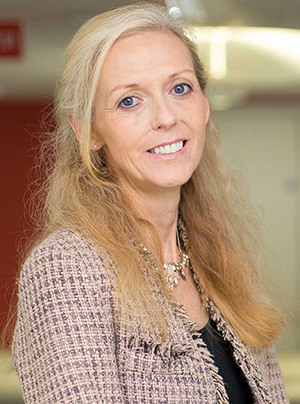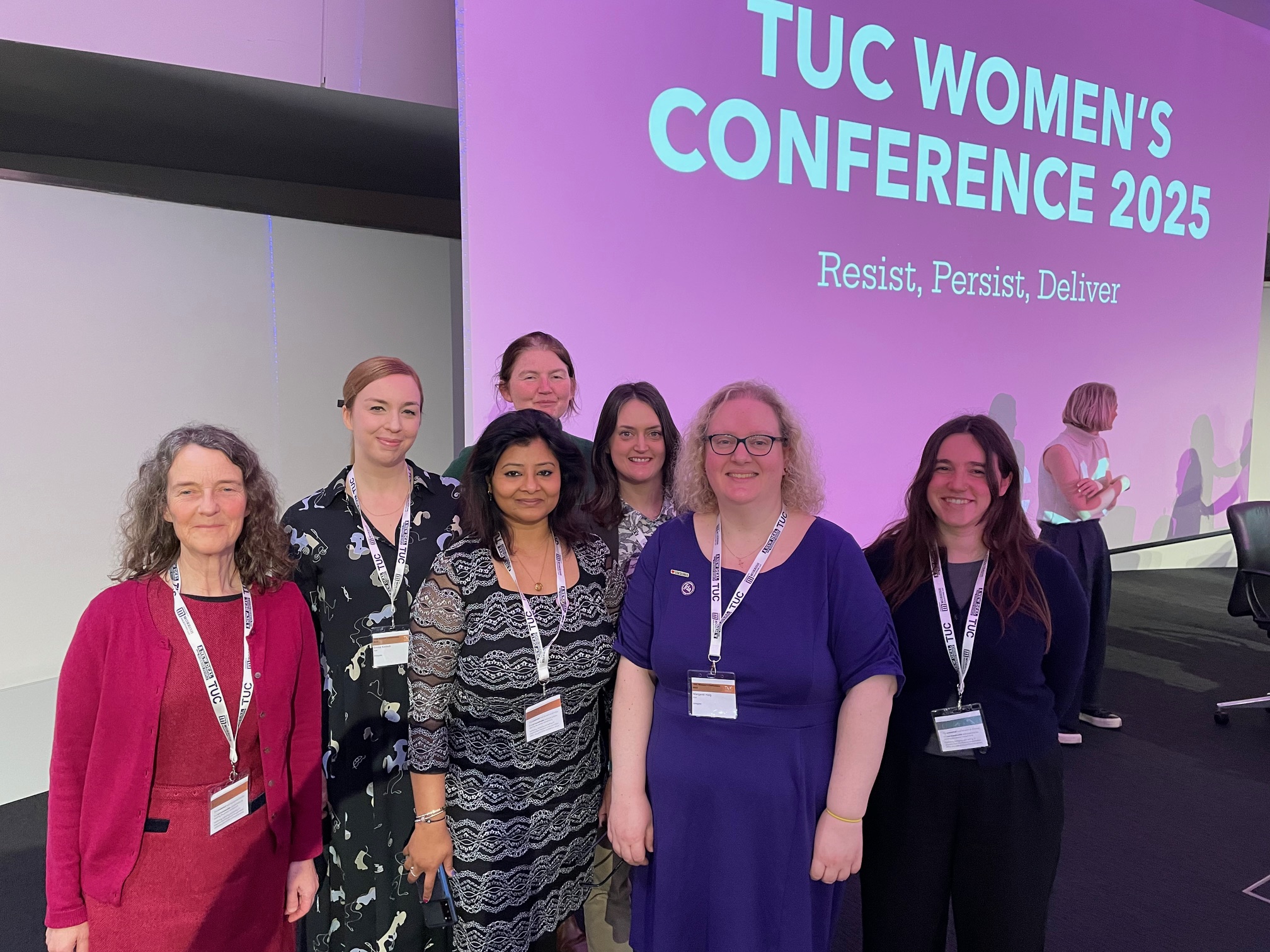Claire Wiggins: Helping women through prison and probation
This week, Claire Wiggins – Deputy Director of Women for Her Majesty’s Prison and Probation Service – writes about her day job, and how considering the needs of women in the prison and probation systems can help their rehabilitation.

Women have been expected to fit into policies and strategies created for men, but increasingly we are finding evidence that their needs are different. If we’re going to deliver successful outcomes, we need to work with them in a way that takes their gender into account, rather than assume everything we do for men is equally effective for women.
I’ve always believed, right from when I first came into this work, that people have the capacity to change. When I started out, I thought I was going to change people’s behaviour by treating them as equals, building positive relationships and helping with their practical issues. Now we know that though the relationship between offender and offender manager is very important, we also need to do more targeted work, to teach skills and to help people with their specific needs.
My role – Deputy Director of Women for Her Majesty’s Prison and Probation Service (HMPPS) – was created about two years ago. It aims to support the dedicated role at chief executive level (NPS Director of probation and Women), which for the first time gave one person (Sonia Crozier) dedicated strategic responsibility for women across prisons and probation. In this context, my job is to deliver improvements in the assessment and management of women, throughout their time with the national probation or prison services.
Throughout my career, I have been very interested in how research links to practice, which is what led me to this role in the first place. My background includes work in probation and prisons, and a mixture of operational and parliamentary experience. Now, I look both towards servicing ministers in the parliamentary process, and engaging with operational leads to try and support them in shaping and delivering policies for women.
There are issues that seem to be particularly relevant to women. For example, we know more women are primary carers; that more women experience domestic abuse; and that more women have mental health problems than men. One of the things we’ve been doing is developing and piloting guidance to help people when they’re writing reports on women. We want to help report authors make sure that they ask questions about those domains that are particularly relevant to women, and that they take this information into account when formulating and proposing a sentence to court.
If you make an accurate assessment of the woman’s needs, then you’re more likely to make a proposal to the court that is convincing. This may lead to some women on the cusp of custody to be given a community order rather than a short prison sentence. There is evidence that women do better on community orders in terms of reduced re-offending than they do on short prison sentences: there is a limit on what you can do to address long-term rehabilitation needs during the latter, whereas a properly focussed community order can achieve this.
It is my view, supported by the evidence, that sentencing women to a properly targeted and managed community order can reduce the risk of re-offending further down the line.
We’re just in the process of testing a tool (Pre Sentence – PSR- checklist) to help us improve Pre Sentence Reports on women and early indications seem positive. If we do think it’s making a difference, we’ll look at rolling it out nationally as early as late spring or early summer.
I am also encouraged that there are different regimes in men’s and women’s prisons which take into account differences between the genders. For example, the offender management model for women in custody has been developed so that it takes into account women’s needs, their complexities, and their experience of trauma in addition to their risks. And, of course, we also have mother and baby units, which enable some pregnant women and women in prison to care for their babies whilst serving their sentence.
I have a vision that in the next five years, we will have a system that looks at the bespoke needs of women at every single point of their contact with the probation and prison services. By designing a system which considers what we might need to do differently for women, I believe that we can deliver better outcomes in terms of reduced re-offending and turning around lives and that is what I came into this job to do.
Related News
-

FDA attends TUC Young Workers’ 2025
This March, an FDA delegation attended the annual TUC Young Workers’ Conference in Congress House, London.
-

FDA celebrates Women’s History Month 2025 with panel event
To celebrate Women’s History Month and International Women’s Day 2025 the FDA hosted a panel event looking at the history of women in the civil service and within the trade union movement.
-

FDA attends TUC Women’s Conference 2025
A delegation of FDA members attended TUC Women’s Conference 2025, held in Congress House, London, from 5-7 March.